With forced induction and downsizing firmly settling in, the outgoing RS 5 marks the end of the line for Audi’s magnificent 4.2-litre FSI V8.
The RS 5 has been among the most exciting cars on sale, with its everyday usability, sporty styling and extremely engaging 4.2-litre naturally-aspirated V8 engine. The 4,163cc V8 FSI (fuel stratified injection, a.k.a. direct injection) motor has found its place not just in almost every model in the Ingolstadt company’s line-up, but also in several VW Group company cars, like the Phaeton. From the RS 4 and Q7 to the first R8 sports car, the big, high-revving V8 has seen power ratings from 330 to 450 PS. But that’s just the Audi range, numerous high-performance supercar makers – Gumpert for the Apollo, Orca for the C113, among others – have chosen the engine, with and without the option of turbocharging it in their machines, on account of its reliability, not to mention relentless power-band and linear but quick delivery.
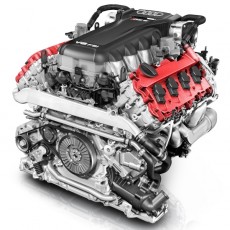 The 90º 40-valve V8 uses four camshafts, each bank using a DOHC layout, with five valves per cylinder. The RS 5 was among the most potent of the lot rated at 450 PS and 430 Nm. Even the R8 made do with 420 PS and 420 Nm. The whole point of a sports car is to deliver an exhilarating experience and that involves getting the entire package right: chassis, engine, transmission, feel, dynamics, ergonomics, and styling. There are several elements that make or even break a good car or even a potentially great car. The RS 5 was one of those greats, the last of its kind from Ingolstadt, and, now, we sadly bid goodbye to not just it, but the iconic heart that powered it too.
The 90º 40-valve V8 uses four camshafts, each bank using a DOHC layout, with five valves per cylinder. The RS 5 was among the most potent of the lot rated at 450 PS and 430 Nm. Even the R8 made do with 420 PS and 420 Nm. The whole point of a sports car is to deliver an exhilarating experience and that involves getting the entire package right: chassis, engine, transmission, feel, dynamics, ergonomics, and styling. There are several elements that make or even break a good car or even a potentially great car. The RS 5 was one of those greats, the last of its kind from Ingolstadt, and, now, we sadly bid goodbye to not just it, but the iconic heart that powered it too.
Yes, there will will be a new RS 5, and an RS 4 Avant. It may be a mad 400+ PS straight-five, or a 450+ PS V6, or even a 500+ PS V8, but it will have a pair of blowers, and, dare I say it, with power, torque, boost, performance, and, of course, efficiency turned up, but the ruthlessness and evocative thrill somewhat turned down. There won’t be 8,250 revs on the clock, but there will be more horsepower. And, that, for now, will have to do.
Story: Jim Gorde


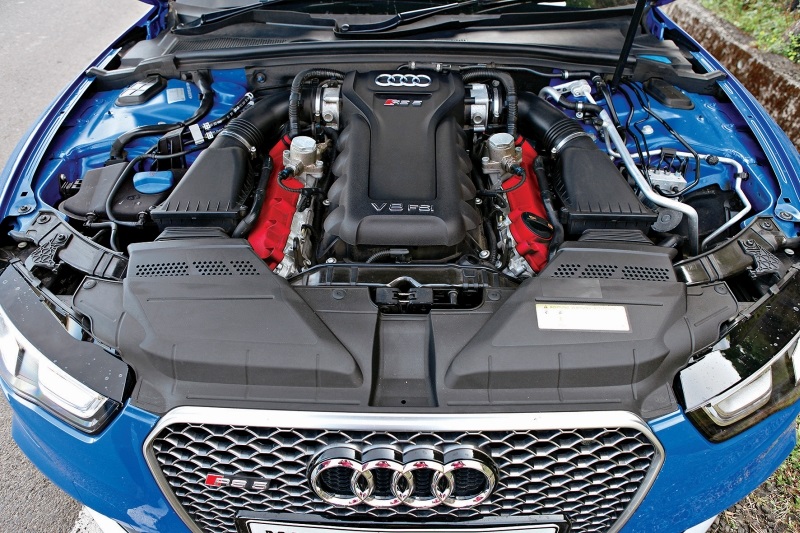
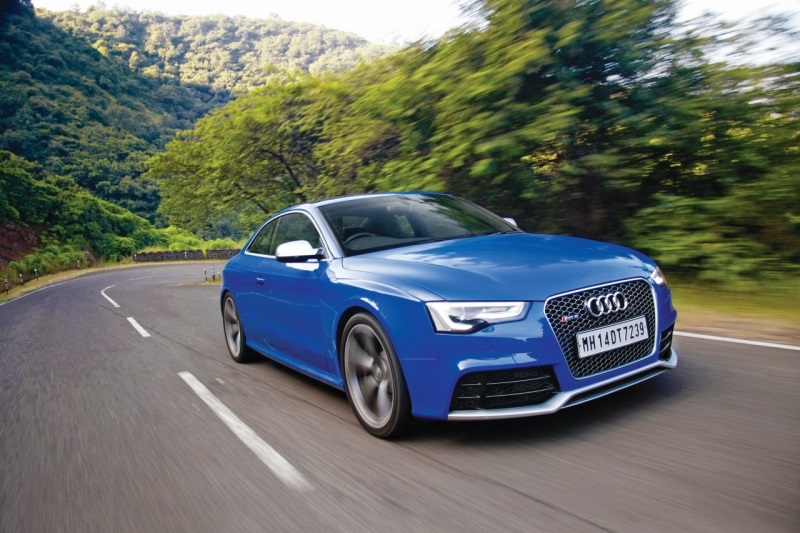

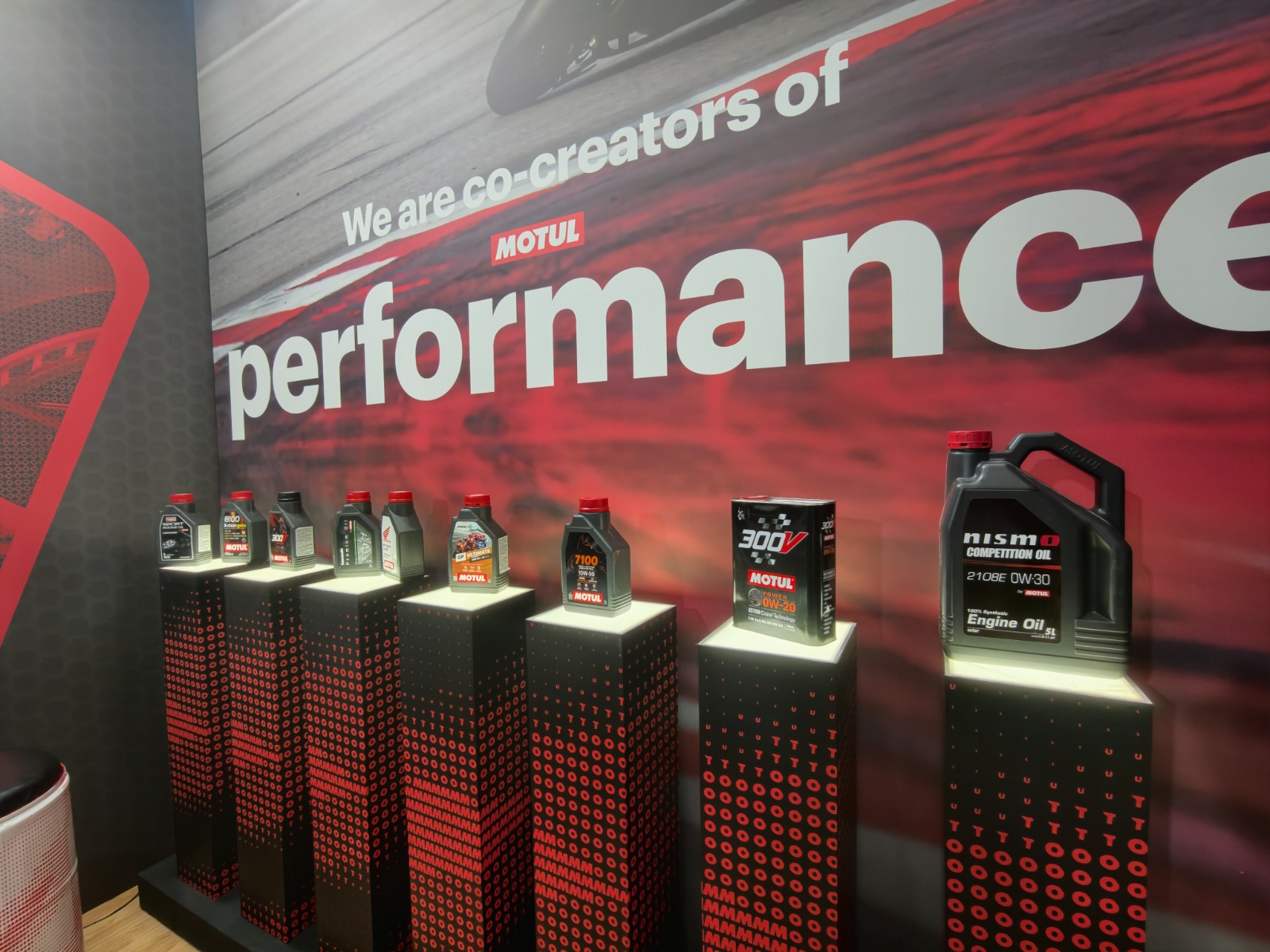

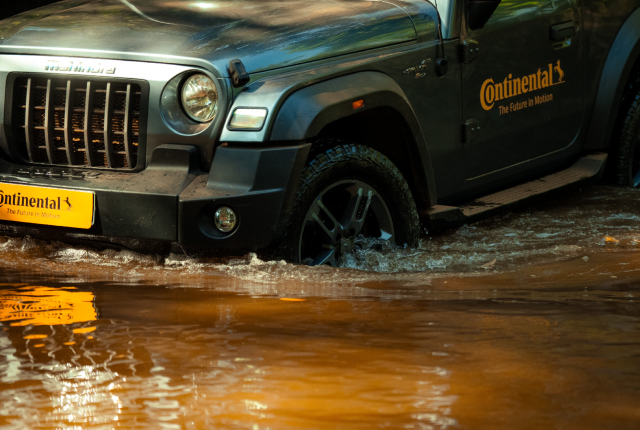



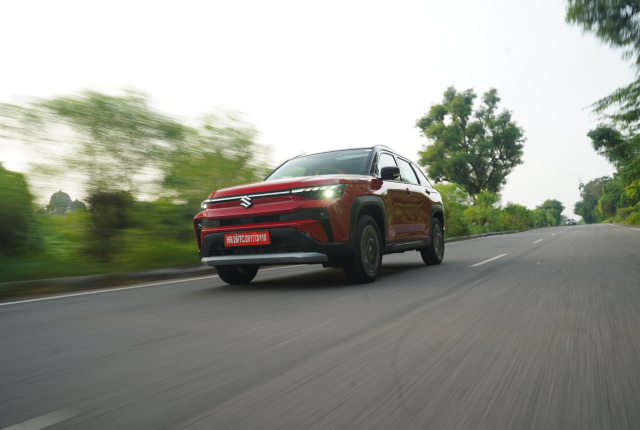
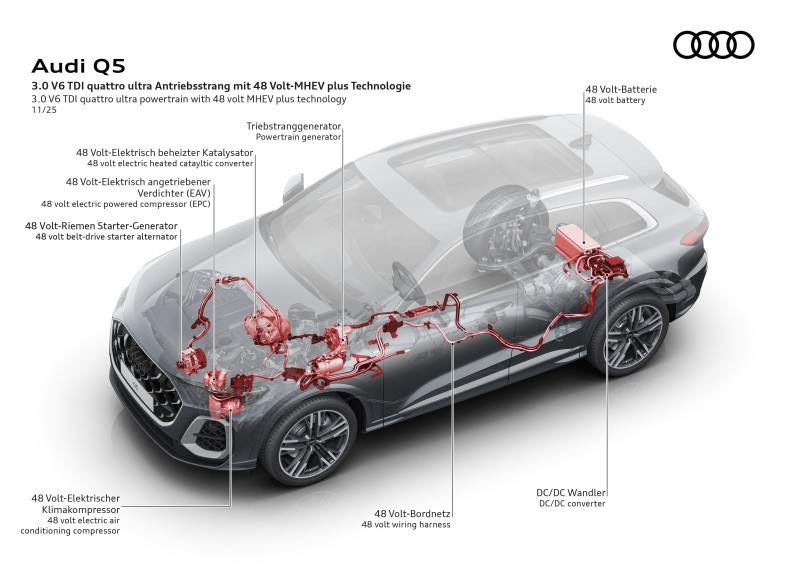



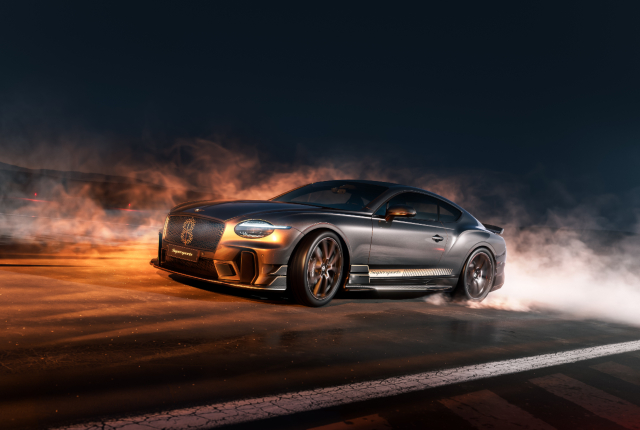
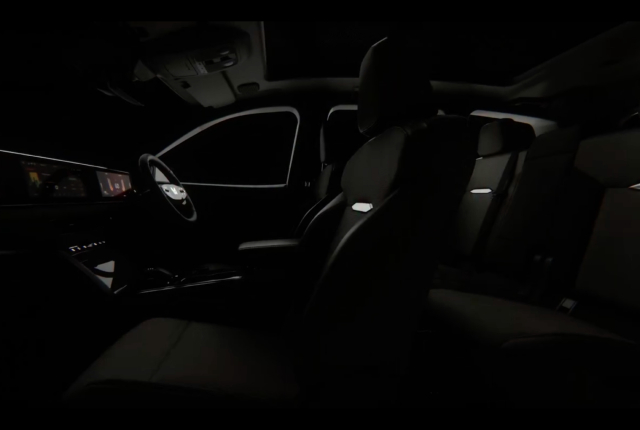



Leave a Reply